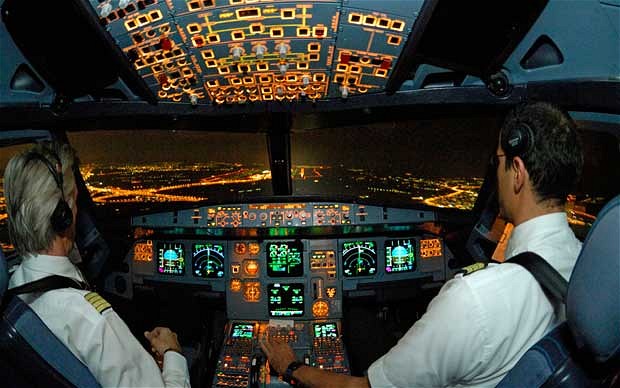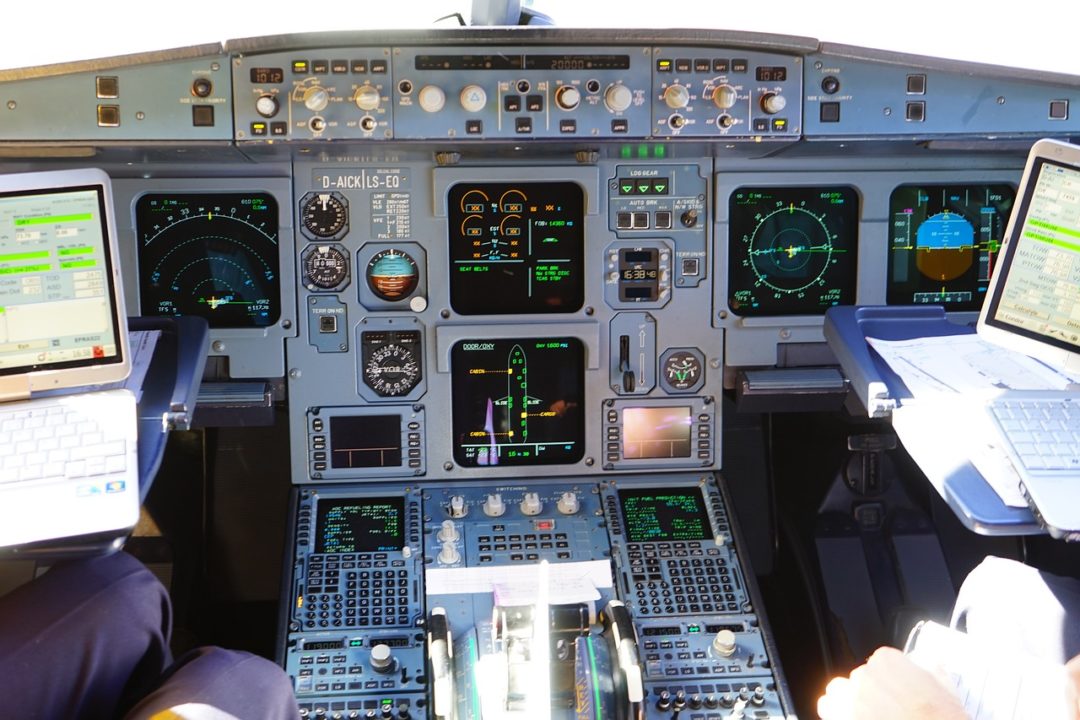Dream Pilot: Achieving Your Aviation Aspirations
Welcome to the world of aviation, where dreams take flight and aspirations soar high in the sky. We understand the passion and determination that drives individuals to become skilled aviators. In this article, we will explore the thrilling journey of becoming a dream pilot, uncovering the necessary steps, training requirements, and career prospects that await you in this dynamic industry.
The Path to Becoming a Dream Pilot
- Setting Your Goals and Determining Your Aviation Path
Every aspiring pilot starts their journey with a dream. To turn that dream into reality, it is essential to set clear goals and determine the specific aviation path you wish to pursue. Whether you aspire to become a commercial airline pilot, a helicopter pilot, or a military aviator, defining your goals will provide a clear direction and guide your future steps.
- Researching Aviation Training Programs
To embark on your journey toward becoming a pilot, thorough research is crucial. Look for reputable aviation training programs that offer comprehensive curricula, experienced instructors, and state-of-the-art facilities. Consider factors such as program duration, accreditation, and the types of certifications offered, as these will impact your career prospects.
- Obtaining a Student Pilot License
Once you have chosen a suitable aviation training program, the next step is to obtain a student pilot license. This initial license allows you to take flight lessons and gain hands-on experience under the guidance of certified flight instructors. It involves completing medical examinations, written tests, and flight hours, ensuring you meet the requirements for flight training.
- Ground School and Flight Training
Ground school forms the foundation of your aviation education. It covers essential topics such as aviation regulations, meteorology, aircraft systems, navigation, and aerodynamics. Engaging in rigorous ground school training equips you with the theoretical knowledge required to become a proficient pilot.
Simultaneously, flight training provides practical experience in the cockpit. Under the guidance of experienced flight instructors, you will learn to operate an aircraft, practice takeoffs and landings, navigate through various weather conditions, and handle emergencies. Flight training allows you to develop the necessary skills and confidence to become a competent pilot.
- Earning Your Pilot Certificate or License
Upon completion of your aviation training program, you will need to pass the required examinations to earn your pilot certificate or license. The type of certificate or license will depend on the aviation path you have chosen. Some common certifications include:
- Private Pilot License (PPL): This enables you to fly aircraft for recreational purposes.
- Commercial Pilot License (CPL): Allows you to fly for compensation or hire.
- Airline Transport Pilot License (ATPL): Required for those aspiring to become commercial airline pilots.
- Building Flight Experience
After obtaining your pilot certificate or license, it is important to build flight experience to enhance your skills and employability. Consider opportunities such as flight instructing, aerial surveying, or joining regional airlines to accumulate flight hours and gain exposure to different aircraft types and flying conditions. The more experience you gain, the more attractive you become to potential employers.
Career Prospects and Opportunities
The aviation industry offers a wide range of career prospects for skilled pilots. Let’s explore some of the exciting opportunities available:
- Airline Pilot
Becoming an airline pilot is a common career choice for many aspiring aviators. As an airline pilot, you will fly commercial aircraft, transport passengers, and operate in a highly regulated and structured environment. Airlines offer competitive salaries, benefits, and the opportunity to travel the world.
- Corporate and Charter Pilot
Corporate and charter aviation provides a dynamic and diverse career path for pilots. As a corporate or charter pilot, you may fly private jets or aircraft owned by corporations, executives, or individuals. This role often involves flexibility in scheduling, personalized service, and the potential for higher salaries.
- Helicopter Pilot
For those seeking a unique and exhilarating flying experience, becoming a helicopter pilot offers an exciting avenue. Helicopter pilots are involved in various fields, including emergency medical services, search and rescue operations, aerial photography, tourism, and more. The ability to hover, land in tight spaces, and access remote areas adds an element of adventure to this career choice.
- Military Aviator
Joining the military as a pilot provides an opportunity to serve your country while experiencing the thrill of flying advanced military aircraft. Military aviators are responsible for various missions, including combat operations, reconnaissance, transportation, and humanitarian assistance. This career path offers comprehensive training, competitive benefits, and the chance to be part of a highly skilled and respected aviation community.
- Flight Instructor
Becoming a flight instructor allows experienced pilots to share their knowledge and passion for aviation with aspiring aviators. As a flight instructor, you will teach students how to fly, guide them through the necessary training, and prepare them for their pilot certifications. This role requires strong communication skills, patience, and a commitment to safety.

The Importance of Continuous Learning and Professional Development
In the ever-evolving field of aviation, continuous learning and professional development are essential to stay abreast of industry advancements and regulations. Consider the following avenues for enhancing your skills and knowledge:
- Advanced Certifications and Ratings
To broaden your career prospects and increase your expertise, consider pursuing advanced certifications and ratings. Examples include an Instrument Rating, Multi-Engine Rating, or Type Rating for specific aircraft models. These additional qualifications demonstrate your proficiency and versatility as a pilot.
- Aviation Safety Training
Safety is paramount in aviation. Engaging in aviation safety training programs, such as those offered by organizations like the International Civil Aviation Organization (ICAO) or the Federal Aviation Administration (FAA), helps you stay updated on safety protocols, emergency procedures, and risk management strategies.
- Continuing Education and Seminars
Attending seminars, workshops, and conferences related to aviation can expand your knowledge base and expose you to the latest industry trends. These events often feature renowned speakers, informative sessions, and networking opportunities, allowing you to connect with professionals and stay informed about advancements in aviation.
FAQ’s
- What is the main reason you want to be a pilot?
The main reasons people aspire to become pilots can vary. Some are drawn to the thrill and adventure of flying, while others are captivated by the sense of freedom and the opportunity to explore the world from a unique perspective. Many are passionate about aviation and have an innate fascination with aircraft and the science of flight. Additionally, the prospect of a dynamic and fulfilling career, travel opportunities, and the chance to make a positive impact through roles such as humanitarian missions or aerial surveying can also be strong motivating factors for wanting to become a pilot.
- Is it a good idea to become a pilot?
Becoming a pilot can be an excellent idea for those who have a genuine passion for aviation and a desire to pursue a career that offers excitement, challenge, and personal fulfilment. It is important to carefully consider your interests, goals, and the commitment required to excel in this field. A career as a pilot can provide opportunities for professional growth, competitive salaries, and the chance to travel the world. However, it is essential to acknowledge that it also entails significant training, dedication, and ongoing responsibility for the safety of passengers and crew. Conducting thorough research, seeking guidance from professionals in the field, and evaluating your aspirations and capabilities will help you determine if pursuing a career as a pilot is the right choice for you.
- Do I have the personality to be a pilot?
Determining whether you have the personality traits suited for a career as a pilot is essential. While there is no one-size-fits-all personality type for pilots, certain qualities are commonly associated with successful aviators. These include a strong sense of discipline, attention to detail, excellent communication skills, problem-solving abilities, the capacity to remain calm under pressure, adaptability, and a commitment to lifelong learning. Pilots must also possess good spatial awareness, hand-eye coordination, and the ability to work effectively as part of a team. It is worth reflecting on these characteristics and considering how well they align with your strengths and
Conclusion
Becoming a dream pilot requires determination, dedication, and a love for aviation. By setting clear goals, undergoing comprehensive training, and continuously honing your skills, you can transform your aspirations into a successful aviation career.
Remember, the path to becoming a pilot is not only rewarding but also filled with incredible opportunities to explore the skies and make a difference in the world of aviation. Embrace your passion, take flight, and soar to new heights as a skilled and accomplished pilot. The sky is yours to conquer!



